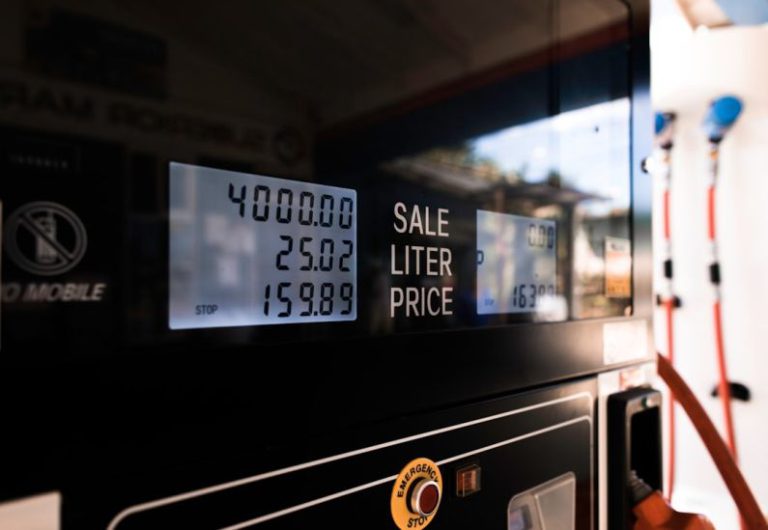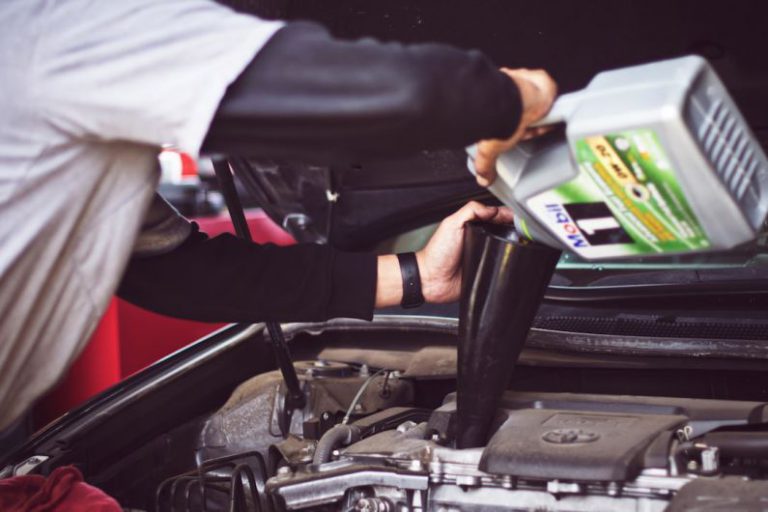What Are the Best Practices for Car Battery Maintenance?
Taking care of your car battery is essential if you want to ensure your vehicle starts reliably every time. Regular maintenance can extend the life of your battery and prevent unexpected breakdowns. By following some simple best practices for car battery maintenance, you can save yourself time, money, and frustration in the long run.
**Visual Inspection**
Regularly inspecting your car battery is a crucial part of maintenance. Start by checking for any signs of corrosion on the battery terminals. Corrosion can hinder the flow of electricity and prevent your battery from charging properly. If you notice any buildup, use a battery cleaning brush to gently scrub it away. Additionally, check for any leaks or damage to the battery casing. Any signs of damage may indicate that it’s time to replace the battery.
**Keep It Clean**
Keeping your car battery clean is important for maintaining its performance. Dirt and debris can accumulate on the surface of the battery, causing it to discharge more quickly. To clean the battery, use a mixture of baking soda and water to scrub away any grime. Be sure to disconnect the battery terminals before cleaning to prevent any electrical shocks. Once clean, dry the battery thoroughly before reconnecting the terminals.
**Check the Connections**
Loose or corroded connections can prevent your battery from charging properly. Make sure the battery terminals are securely attached to the corresponding cables. If you notice any corrosion on the terminals, use a battery terminal cleaner to remove it. Tighten any loose connections to ensure a solid electrical connection. Properly connected terminals will help maintain the health of your battery and prevent starting issues.
**Avoid Short Trips**
Frequent short trips can put a strain on your car battery. When you take short drives, the battery may not have enough time to fully recharge, leading to a gradual loss of charge over time. To prevent this, try to take longer drives occasionally to allow the battery to recharge fully. If you primarily take short trips, consider using a battery maintainer to keep the battery charged between drives.
**Check the Electrolyte Levels**
If you have a traditional lead-acid battery, it’s essential to check the electrolyte levels regularly. Over time, the electrolyte levels can decrease due to evaporation, affecting the battery’s performance. If the levels are low, carefully add distilled water to bring them up to the recommended level. Be sure not to overfill the battery, as this can cause damage. Checking and maintaining the electrolyte levels will help prolong the life of your battery.
**Test the Battery**
Periodically testing your car battery is a good way to ensure it’s in good working condition. You can use a multimeter to check the voltage of the battery. A fully charged battery should read around 12.6 volts. If the voltage is significantly lower, it may be time to replace the battery. Many auto parts stores offer free battery testing services, so you can have a professional check the battery if you’re unsure about its condition.
**Store Properly**
If you have a spare battery or need to remove the battery for any reason, proper storage is essential. Store the battery in a cool, dry place away from direct sunlight. It’s also a good idea to keep the battery fully charged if it will be in storage for an extended period. Periodically check the charge level and recharge the battery as needed to prevent it from losing its charge.
**Conclusion: Ensure Longevity and Reliability**
By following these best practices for car battery maintenance, you can ensure your battery remains in good condition and provides reliable performance. Regular inspections, cleaning, and testing will help you catch any potential issues early and prevent unexpected breakdowns. Taking care of your car battery is a simple way to ensure your vehicle starts when you need it to and can save you time and money in the long run. Prioritize your car battery maintenance to enjoy worry-free driving.






